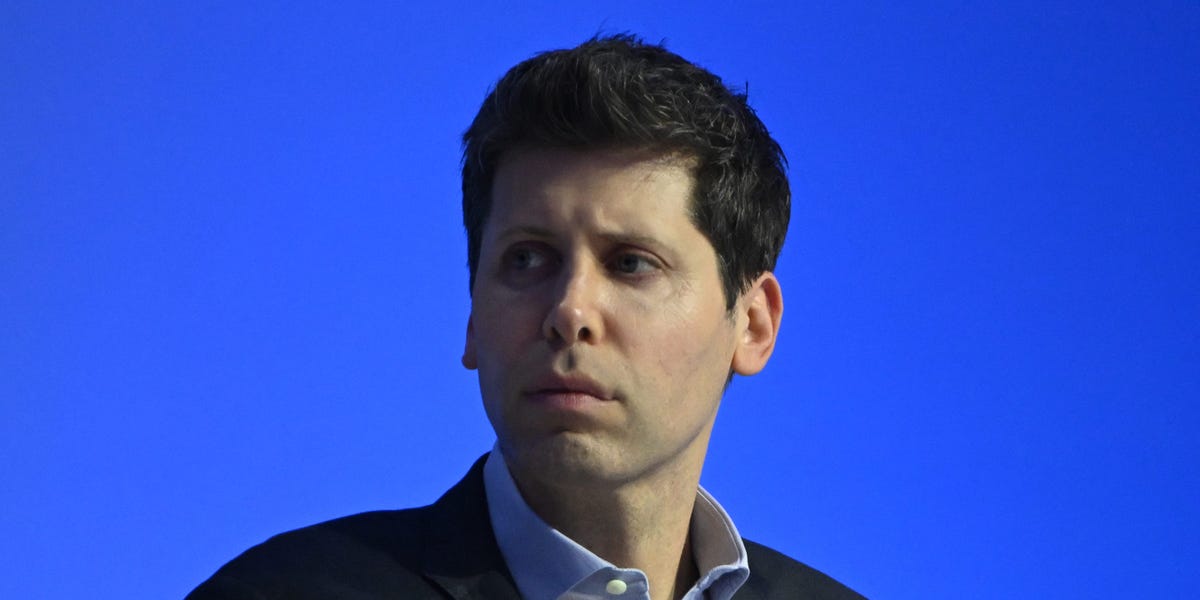The New York Times’ copyright infringement lawsuit against OpenAI and Microsoft — which funds the startup and uses its tech to power some of its Bing search results — is claiming billions in damages for copying the publishers’ works.
OpenAI is on the fast-track toward becoming a $1.3 billion company, thanks in part to Microsoft’s lucrative backing, and the Times believes that a lot of its capabilities derive from its content.
The suit claims the Times’ articles had a greater impact informing the creation of OpenAI’s previous GPT models compared to other online publishers. “Numerous metrics confirm that journalistic works in general and Times Works in particular are more valuable than most other content on the internet that may have also been used to train and ground responses from the GPT models,” the suit says.
The Times said in a part of a statement: “Settled copyright law protects our journalism and content. If Microsoft and OpenAI want to use our work for commercial purposes, the law requires that they first obtain our permission. They have not done so.”
Microsoft declined to comment. OpenAI did not respond to a request for comment.
The Times said in its suit it tried to resolve these issues with Microsoft and OpenAI in April, but couldn’t come to an agreement. Individual content producers like novelist Paul Tremblay and comedian Sarah Silverman previously filed lawsuits against OpenAI, but the Times is the largest complainant.
Other content owners, like Business Insider’s parent Axel Springer, have struck partnerships with OpenAI.
Here are three ways the Times claims OpenAI and Microsoft could massively impact its business.
It cuts through the Times’ paywall
The Times has invested heavily in building a subscription business since 2011. It now has over 10 million subscribers, most of which are digital-only, according to its November earnings report. Digital subscriptions generated around $282 million in Q3, which was more than half the company’s total revenue that quarter.
That revenue stream is under threat because Microsoft’s OpenAI-powered search engine, Browse with Bing, could be prompted to recite paywalled articles verbatim, the Times said in its lawsuit.
In its complaint, the Times showed examples of some of its high-profile articles over the last decade, like restaurant critic Pete Wells’ viral takedown of Guy Fieri’s Times Square restaurant, that were reproduced verbatim through OpenAI’s GPT-4 model.
It could kill Wirecutter’s crucial affiliate revenues
The Times’ product recommendation website Wirecutter gets “the vast majority of its revenue” through affiliate marketing, according to the Times’ lawsuit. When readers click a link from Wirecutter’s site to buy a product, Wirecutter gets a cut of the sale.
But Bing’s OpenAI-powered search surfaces Wirecutter’s recommendations — such as its picks for the best kitchen scale and stick vacuum. Readers can then buy those products on their own, without navigating to Wirecutter’s site, meaning it won’t get revenue from a sale it facilitated, according to the lawsuit.
“Unlike a traditional search result, the synthetic output also does not include a prominent hyperlink that sends users to Wirecutter’s website,” the Times argues.
Attributions in search results might further kill traffic, according to the Times
While synthetic search doesn’t often include links to the original source, even if it did, it would threaten its traffic volume, the Times claimed in its lawsuit. And less traffic would devalue advertising.
“Even when synthetic search responses include links to source materials, users have less need to navigate to those sources because their expressive content is already quoted or paraphrased in the narrative result,” according to the lawsuit. “Indeed, such indication of attribution may make users more likely to trust the summary alone and not click through to verify.”
Read the full article here





